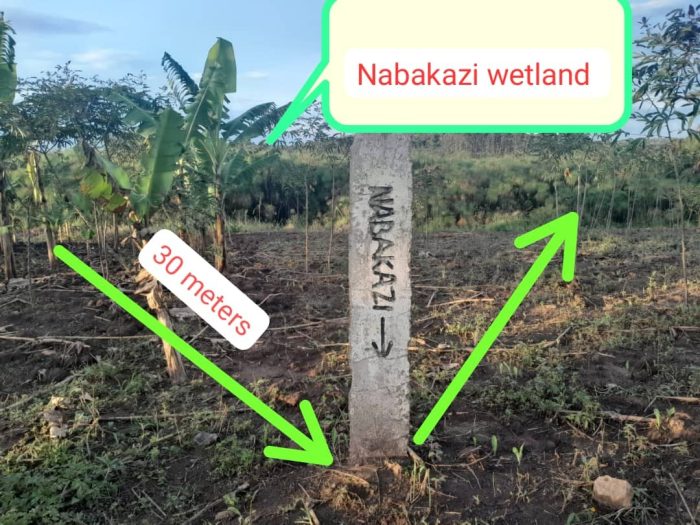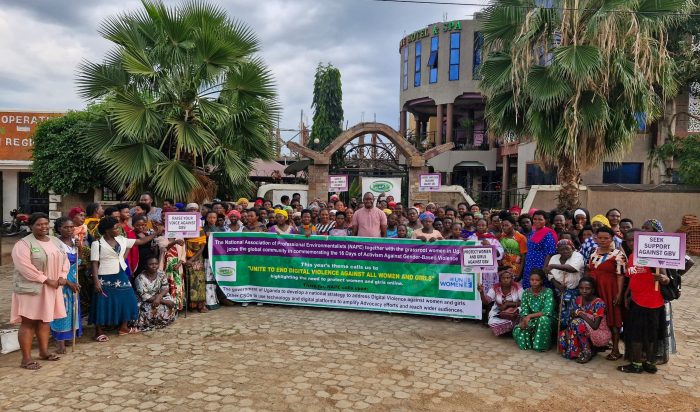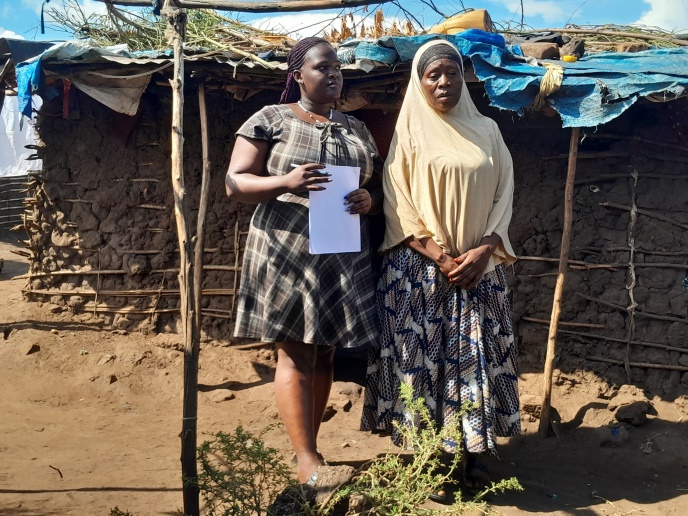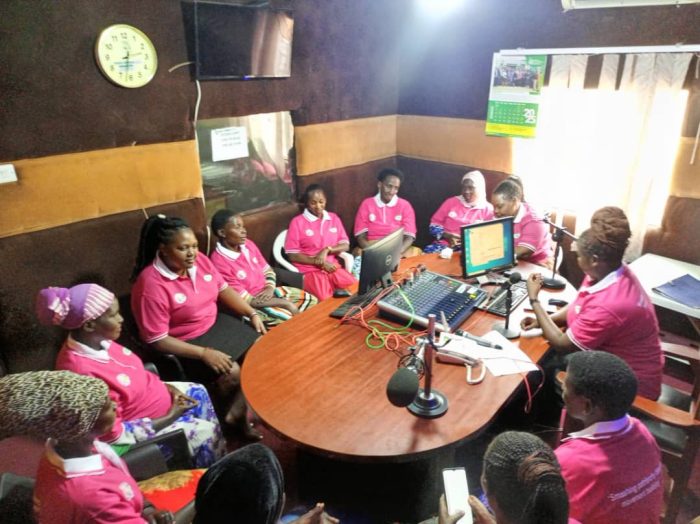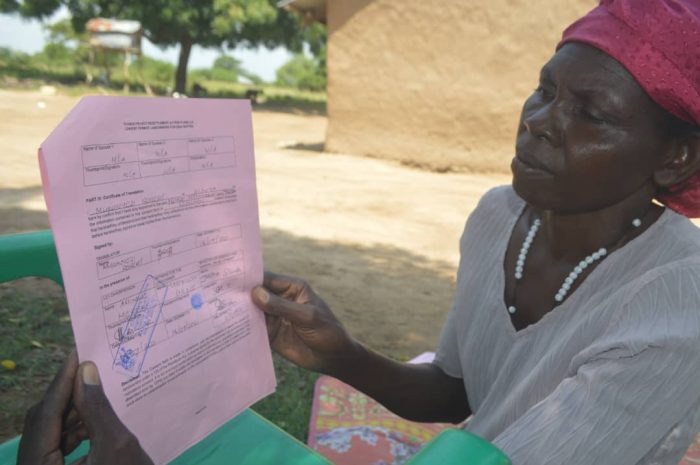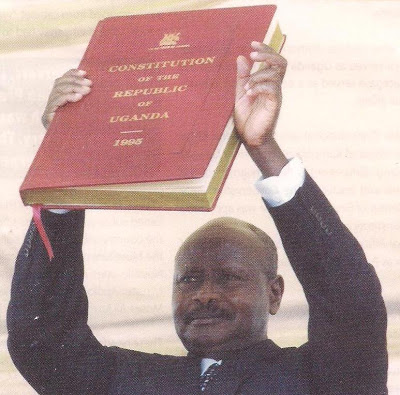

By Bwengye Rajab
On July 11, 2017, Uganda’s Attorney General tabled in Parliament a Bill to amend Article 26 of the 1995 Constitution (as amended) to the effect that the Government can legally displace communities anywhere in the country without prior payment of fair and adequate compensation to the victims.
That the Government should have powers to acquire any land anywhere in the country, including protected areas and no one should have a legal right to challenge such decisions on acquisition.
To be specific, the preferred position by the Government under the proposed amendment, reads, “Where the owner of property or any other person having any interest in or right over property objects to the compensation awarded under the law made under clause (2) (b), the Government or local government shall deposit with court for the property owner or any other person having any interest or right over property, the compensation awarded for the property and the Government or local government shall take possession of the property pending determination by the court of any dispute relating to the compensation.”
Amendment of Article 26 of the Constitution of Uganda reduces citizens’ rights to only money remedies and erodes the existing legal dispensation on land governance and ecosystem protection.
The most unfortunate part of such a move is that it will automatically erode citizen’s rights to grow food, secure water and conserve biodiversity (IPGs). The move will further complicate the equation of development versus conservation since it will result in legalising people’s displacement without consent which displacement will most likely accelerate people’s encroachment on protected areas.
Amendment of Article 26 will further render the environmental laws of Uganda irrelevant since no one will have legal right to question the degradation of ecosystems or abuse of environmental laws and, this will further, accelerate food insecurity and push Ugandans further into abject poverty amidst worsened climate change
Maybe the right questions to ask at this stage would be: Where in Uganda has a road or any other government project failed to be located when the land owner has been adequately compensated?”
Who meets the legal costs when you compulsorily acquire a person’s land and merely deposit what you think is the right compensation in court? In short, are courts going to be a free service in this line??
Where there is forceful eviction, where will the entire family together with the children settle during this saga?
When the compensation is deposited in court since this will not be money to buy food, provide water, secure shelter; how will the evicted family be surviving? Will the Government foot such basic needs?
How will you enforce, for instance, the 2015 Environmental Monitoring Plan for the Albertine Graben, the 2016 Management Plan for Murchison Falls National Park and the 2013 Sensitivity Atlas for the oil rich Albertine Graben, if the amended Constitution “Supreme Law” will be giving exclusive rights to government to compulsorily acquire any land be it private or protected? In short, exclusive rights to invest any where any time. All this said and done, I would think Government needs to give the proposed amendment a critical eye well weighing whether this is the right move.
This is a million-dollar question; the Government will always find difficult to convince Ugandan citizens about.
The writer works with NAPE and co-ordinates Oil Watch Africa

